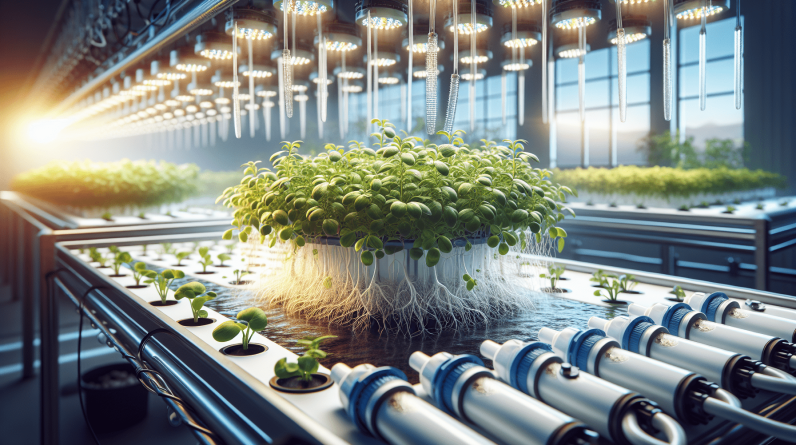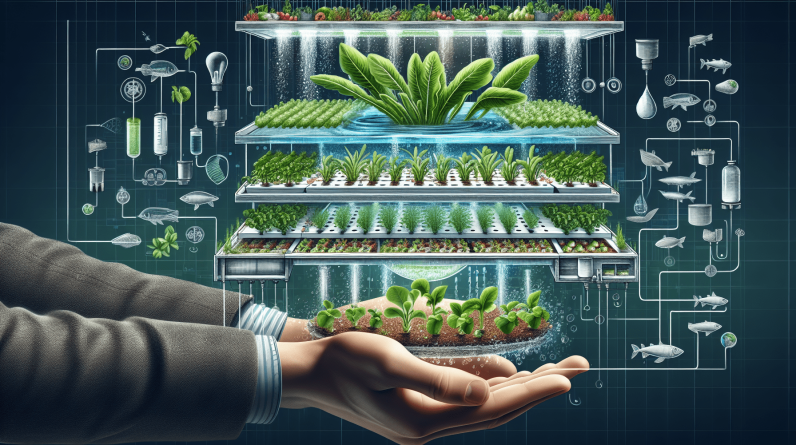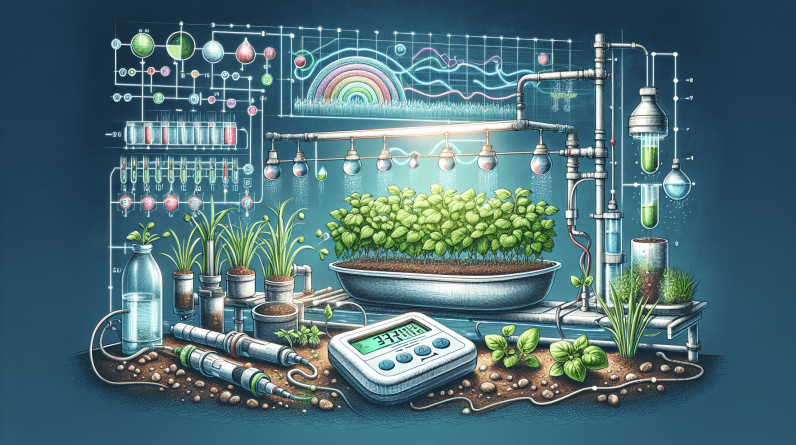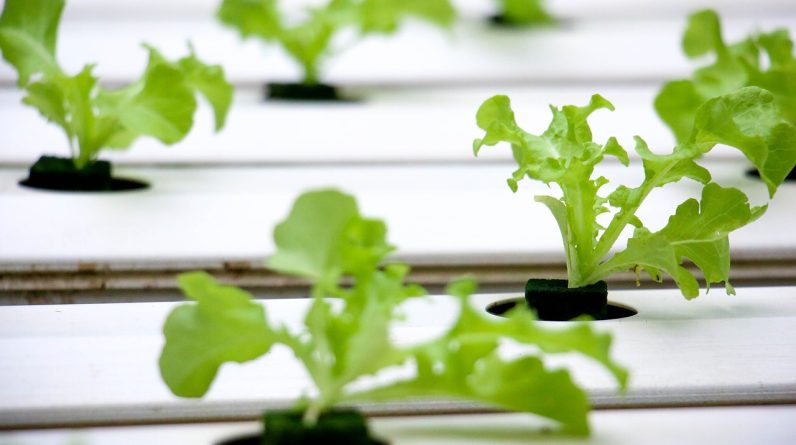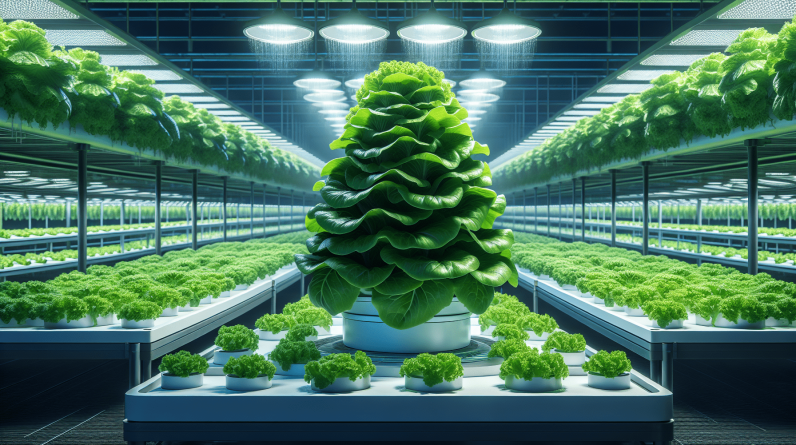
Have you ever wondered how to effectively control pests in your hydroponic garden? Hydroponic systems offer a unique way to grow plants, but they can also attract unwanted pests that may harm your crops. In this comprehensive guide, you will learn all about hydroponic pest control techniques to keep your plants healthy and thriving.
Understanding Hydroponic Pest Control
When it comes to hydroponic gardening, one of the key factors to consider is pest control. Pests can quickly infest your system, causing damage to your plants and disrupting their growth. Understanding how to prevent and manage pests is crucial for maintaining a healthy hydroponic garden.
What Are Common Pests in Hydroponic Systems?
Common pests that can affect hydroponic systems include spider mites, aphids, whiteflies, thrips, fungus gnats, and root aphids. These pests can infest your plants, causing damage to the leaves, roots, and overall health of your crops. Identifying these pests early on is essential for effective pest control.
Prevention Strategies
Preventing pests from infesting your hydroponic system is the first line of defense in maintaining a healthy garden. By implementing various prevention strategies, you can minimize the risk of pests and ensure the well-being of your plants.
Proper Sanitation
Maintaining proper sanitation practices is crucial for preventing pests in your hydroponic system. Cleanliness is key to avoiding the buildup of algae, mold, and other organic matter that can attract pests. Regularly clean and disinfect your system, including reservoirs, grow trays, and any other equipment used in your hydroponic setup.
Quarantine New Plants
Before introducing new plants into your hydroponic system, it is essential to quarantine them first. This will allow you to inspect the plants for any signs of pests or diseases before they contaminate your entire garden. Keep new plants separate for a period of time to monitor them closely for any potential issues.
Monitor Plant Health
Regularly monitoring the health of your plants is essential for early pest detection. Keep a close eye on your crops for any signs of pest damage, such as yellowing leaves, wilting, or holes in the foliage. By catching pests early, you can prevent them from spreading and causing further damage.

This image is property of images.unsplash.com.
Organic Pest Control Methods
When it comes to controlling pests in your hydroponic garden, using organic methods is a safe and effective approach. Organic pest control techniques are environmentally friendly and do not harm beneficial insects or contaminate your plants with harmful chemicals.
Neem Oil
Neem oil is a natural insecticide derived from the seeds of the neem tree. It is effective against a wide range of pests, including aphids, spider mites, whiteflies, and thrips. Neem oil works by disrupting the pests’ feeding and reproductive cycles, ultimately reducing their population in your hydroponic system.
Diatomaceous Earth
Diatomaceous earth is a natural powder made from fossilized diatoms, which are tiny aquatic organisms. When applied to the growing medium of your hydroponic system, diatomaceous earth acts as a physical barrier that dehydrates and kills pests like fungus gnats, aphids, and whiteflies. It is a non-toxic and safe pest control method for your plants.
Beneficial Insects
Introducing beneficial insects into your hydroponic garden can help control pest populations naturally. Ladybugs, lacewings, and predatory mites are examples of beneficial insects that feed on common garden pests like aphids and spider mites. These insects can be purchased from garden centers and released into your system to keep pest numbers in check.
Biological Pest Control
Biological pest control involves using living organisms to control pest populations in your hydroponic garden. By leveraging natural predators and pathogens, you can effectively manage pests without the need for synthetic chemicals.
Bacillus Thuringiensis (Bt)
Bacillus thuringiensis, or Bt for short, is a naturally occurring bacterium that targets specific pests like caterpillars and mosquito larvae. When applied to your hydroponic system, Bt releases toxins that are harmful to pests but safe for your plants and beneficial insects. It is an environmentally friendly pest control method that selectively targets certain pest species.
Predatory Nematodes
Predatory nematodes are microscopic roundworms that feed on pest insects like fungus gnats, thrips, and root aphids. When introduced into your hydroponic system, predatory nematodes seek out and consume pest larvae, effectively reducing their populations. This biological control method is non-toxic and does not harm your plants or the environment.
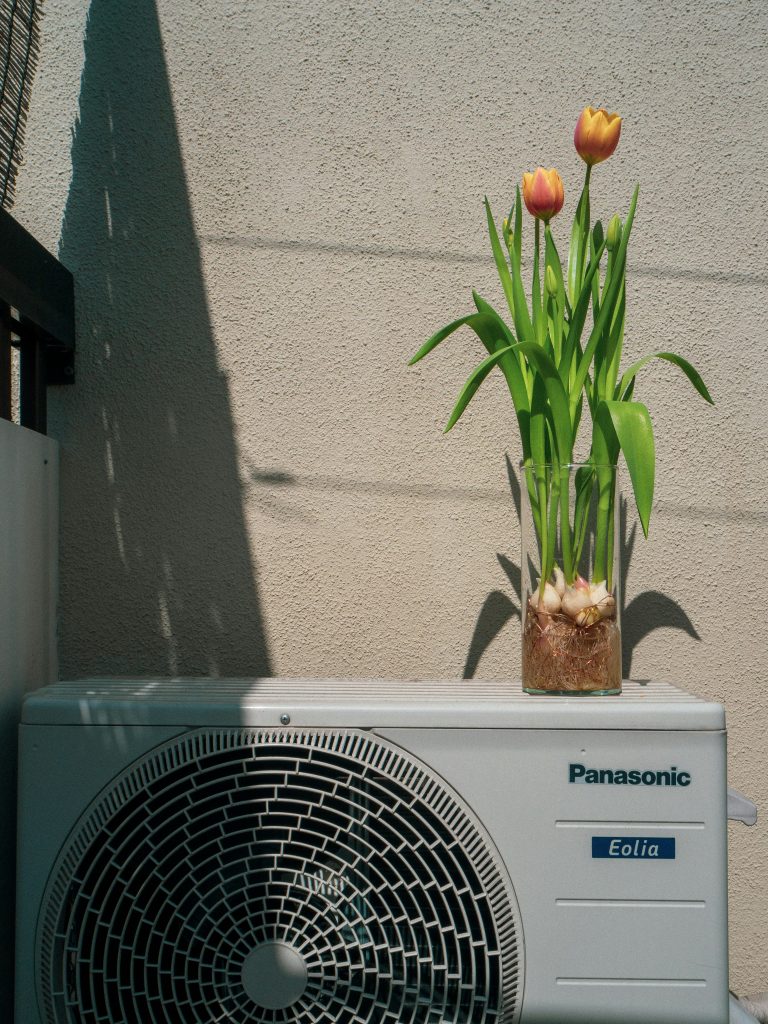
This image is property of images.unsplash.com.
Integrated Pest Management (IPM)
Integrated Pest Management (IPM) is a holistic approach to pest control that combines various techniques to manage pests effectively. By integrating cultural, biological, and mechanical controls, along with chemical solutions as a last resort, IPM aims to minimize pest damage while reducing reliance on harmful pesticides.
Cultural Controls
Cultural controls involve modifying growing conditions and practices to deter pests in your hydroponic system. This can include adjusting temperature and humidity levels, removing infected plants promptly, and rotating crops to disrupt pest life cycles. By creating an unfavorable environment for pests, you can prevent infestations from occurring.
Mechanical Controls
Mechanical controls rely on physical barriers or traps to capture and remove pests from your hydroponic garden. Examples of mechanical controls include sticky traps for flying insects, barriers to prevent crawling pests, and vacuum devices to suction up pests. These methods are non-toxic and can be effective in reducing pest populations.
Chemical Controls
Chemical controls should be used as a last resort in an IPM program when other methods have not been successful. When choosing chemical solutions for pest control in your hydroponic system, opt for products that are specifically labeled for hydroponic use and follow the instructions carefully to avoid harming your plants or beneficial insects.
Conclusion
In conclusion, pest control is a vital aspect of maintaining a healthy hydroponic garden. By understanding common pests, implementing prevention strategies, using organic and biological control methods, and practicing integrated pest management, you can effectively manage pests in your hydroponic system without compromising the health of your plants or the environment. With the right knowledge and techniques, you can keep your hydroponic garden thriving and pest-free. Happy gardening!





